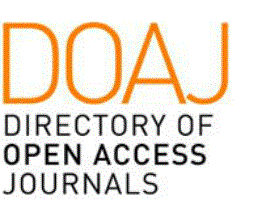Author Country
Germany
DOI
10.22191/gobernar/vol2/iss1/3
Document Type
Article
Abstract
This article addresses the challenges that integral reparation programs meet when aiming to respond to multiple victimization experienced by displaced women. By adopting the ethnographic concept of “frictions” (Tsing, 2005), I analyze four dimensions of discursive frictions that occur surrounding reparative practice backed by the Law on Victims and Land Restitution and its multiple local encounters and dis-encounters when compensating multiple victimization in the post-conflict of Medellín. Like other studies have identified shortcomings of the idealistic and innovative Colombian reparation program, it becomes evident that the integral reparation efforts fall short in addressing the real complexity of interrelated and multiples victimizations in the urban context. Respectively the paper addresses the question of how experiences of compound victimization are considered within their temporal beginnings, continuities and endings. Derived from field research and problem-centred interviews conducted in 2017 the paper draws on a perspective of compound harm to understand the complexity of multiple victimization experienced by forcibly displaced women.
Recommended Citation
Rähme, Sophie
(2018)
"Frictions in Transitional Justice Processes: Colombia's Victims Law, Integral Reparation and the Temporality of Multiple Victimization in Displaced Women,"
Gobernar: The Journal of Latin American Public Policy and Governance: Vol. 2
:
Iss.
1
, Article 6.
DOI: 10.22191/gobernar/vol2/iss1/3
Available at:
https://orb.binghamton.edu/gobernar/vol2/iss1/6
Included in
Comparative Politics Commons, Latin American Studies Commons, Law and Politics Commons, Other Public Affairs, Public Policy and Public Administration Commons, Public Policy Commons



